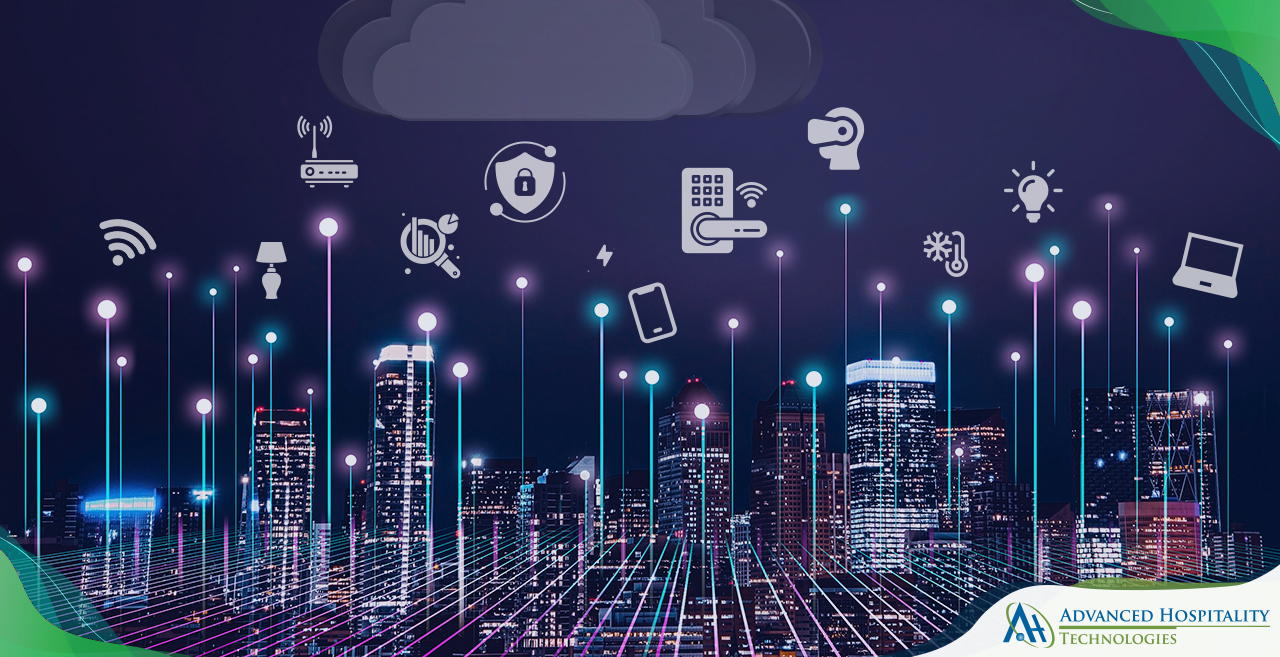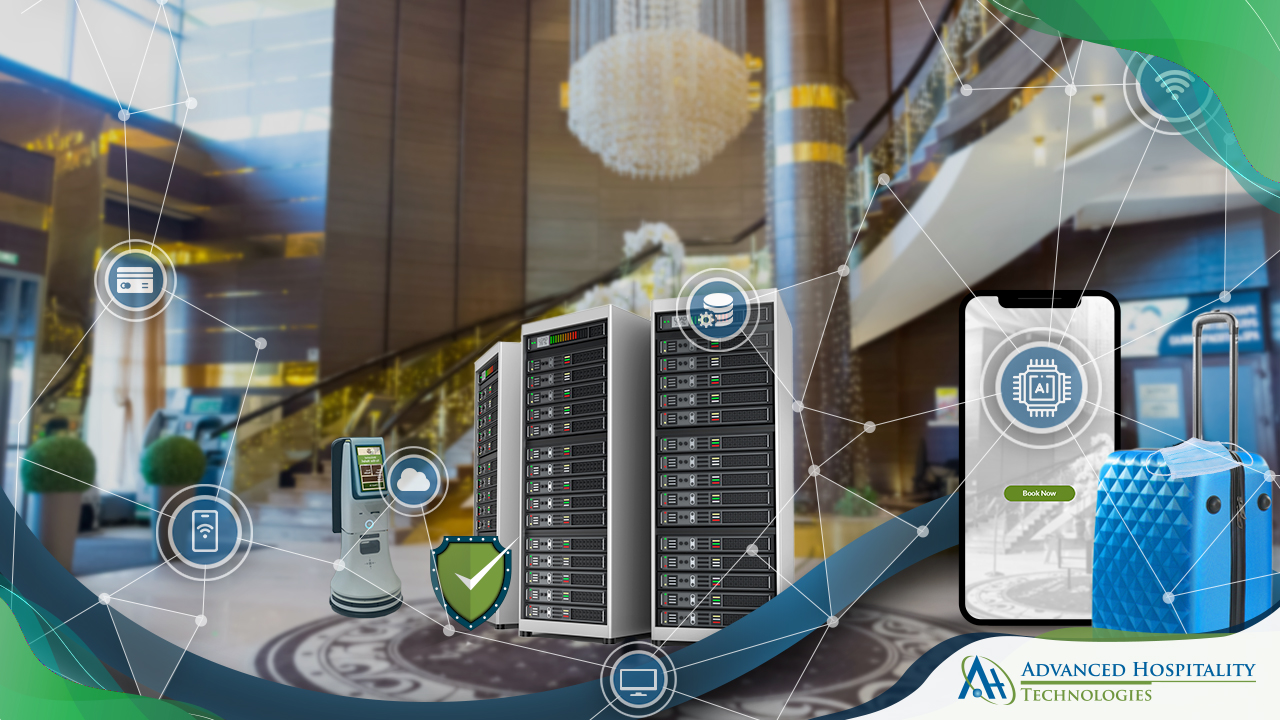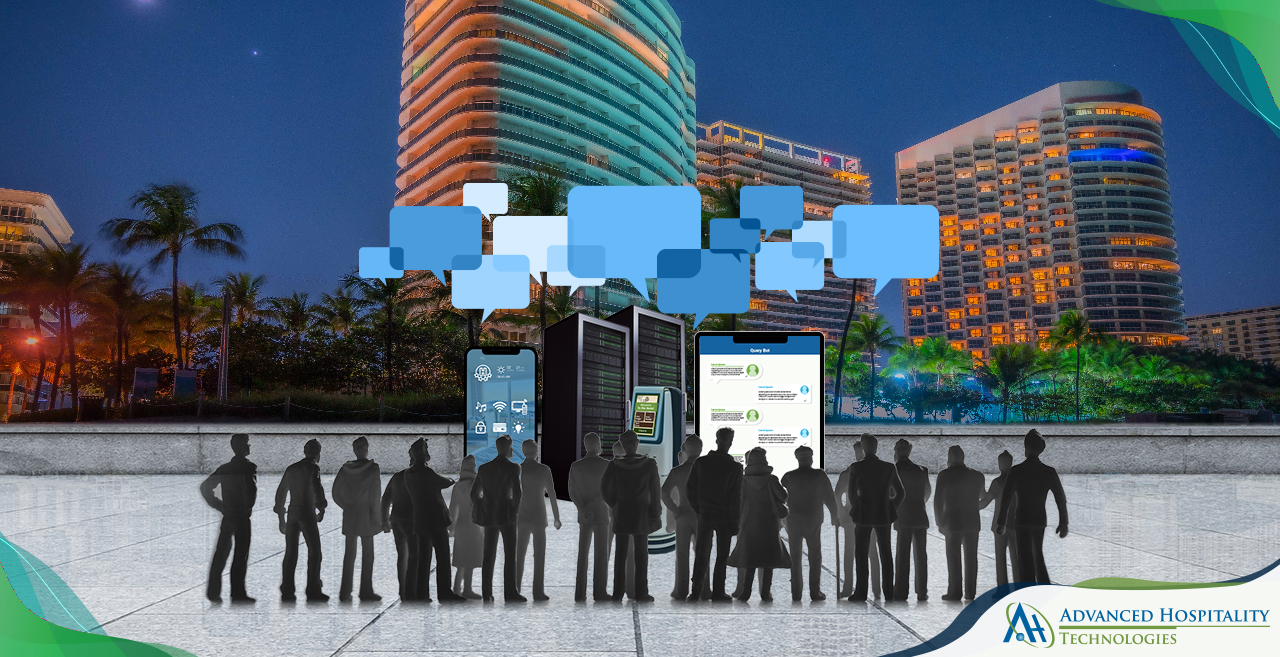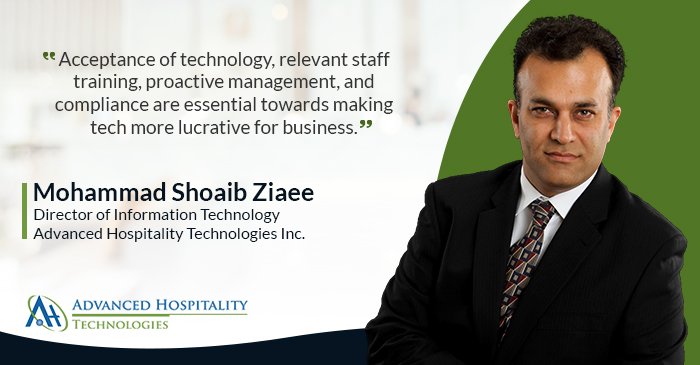Introduction
As digital and in-person guest interactions continue to blend, the concept of an omnichannel experience has become increasingly important in the hospitality industry. Guests today expect a seamless, personalized experience across every touchpoint, whether they are booking a room online, using a mobile app for check-in, or interacting with hotel staff on-site. To provide this experience, hotels must adapt their IT infrastructure to unify and support all guest-facing channels.
An effective omnichannel experience requires more than excellent service. It demands a robust IT infrastructure capable of supporting smooth, integrated interactions across every touchpoint. With a well-adapted IT infrastructure, hotels can enhance guest satisfaction, improve operational efficiency, and build loyalty in an increasingly competitive market. This blog will explore the critical components for adapting hotel IT infrastructure to support a seamless omnichannel guest experience.
Understanding the Omnichannel Guest Experience
An omnichannel guest experience is about more than just having multiple channels available to guests; it’s about ensuring each interaction is consistent, interconnected, and personalized. This could mean a guest starts by booking a room on the hotel website, receives check-in details via the mobile app, and later orders room service through a smart device in their room—all while the hotel’s system remembers their preferences.
The value of a seamless omnichannel guest experience lies in creating a journey that feels unified. Each interaction should feel like an extension of the last, regardless of the channel the guest chooses. By achieving this, hotels can elevate guest satisfaction, offering a level of convenience and personalization that encourages repeat stays and positive reviews. However, creating this seamless experience requires sophisticated technology and careful integration across multiple platforms.
Centralized Data Management: The Heart of Omnichannel Success
To support an omnichannel experience, the first essential component is a centralized data management system. This system gathers guest information from every platform—be it the website, app, or in-person interactions—and consolidates it in a single, accessible location.
With a centralized data management approach, hotels can offer consistent personalization across channels. For instance, if a guest mentions a preference for hypoallergenic bedding in an email, this data can be stored and accessed by housekeeping, front desk staff, and mobile check-in systems alike. Such integration allows each department to personalize service according to guest preferences, improving both guest satisfaction and operational efficiency.
Furthermore, centralizing data enhances security by ensuring that sensitive information is managed and stored in compliance with industry standards. When each department uses separate systems, there’s a higher risk of data leakage or inconsistencies, which can compromise guest trust. A single, secure data system can help minimize these risks, supporting both a seamless omnichannel guest experience and strong data protection.
Cloud-Based Property Management System (PMS): Accessibility and Scalability
A cloud-based Property Management System (PMS) is another foundational element for an omnichannel guest experience. With cloud technology, hotels can access guest data in real time, allowing for faster, more efficient service regardless of location.
Cloud-based PMS solutions are particularly valuable for hotel groups or chains with multiple properties, as they enable centralized access to guest information across locations. This allows guests to receive consistent service whether they’re staying in a property in Paris or checking in halfway around the world. Real-time data access also benefits staff by providing them with accurate information, which can improve decision-making and reduce errors.
Another advantage of cloud-based PMS is scalability. Unlike on-premise systems, cloud solutions can easily be adapted as the hotel’s needs grow. For smaller or independent hotels, this scalability makes it possible to begin with a basic setup and gradually expand capabilities as the business grows, ensuring the technology investment aligns with business needs while supporting an exceptional omnichannel experience.
CRM Integration: Building Personalized Guest Relationships
Customer Relationship Management (CRM) systems play a critical role in creating a seamless omnichannel guest experience. By tracking and storing detailed guest profiles, CRM systems enable hotels to personalize each interaction according to the guest’s unique preferences and past behavior.
Integrated CRM systems allow hotels to manage guest data more effectively. For instance, if a guest frequently stays in a certain type of room or prefers certain amenities, the CRM system can record these preferences and make them accessible to staff at all times. Hotel teams can anticipate guest needs beforehand, enhancing the overall experience and making guests feel valued and understood.
Additionally, CRM integration enables proactive communication. Hotels can use CRM data to send targeted promotions, follow-up emails, or service reminders. This enhances the omnichannel experience by making every interaction feel relevant and well-timed, which boosts guest satisfaction and promotes loyalty.
Mobile and Web Applications: Ensuring Guest Convenience
Mobile and web applications have become essential touchpoints in the guest experience journey. Guests often use these apps for booking, check-in, requesting amenities, or even controlling in-room features. When these applications are well-integrated with other systems, they play a powerful role in creating a seamless omnichannel guest experience.
Mobile apps, in particular, are an invaluable tool for enhancing convenience and responsiveness. Many guests prefer the ability to check in via their mobile device or access digital room keys without waiting at the front desk. A well-designed app can also enable guests to request room service, schedule housekeeping, or even chat with customer service directly from their smartphones. This convenience allows hotels to meet guests wherever they are, significantly improving satisfaction and engagement.
For these applications to be effective, they must be synchronized with the hotel’s central systems, ensuring that guest data and service requests are consistent across platforms. This alignment is key to maintaining a truly integrated omnichannel guest experience, where the transition from online interactions to in-person services is seamless.
Benefits of an Omnichannel IT Infrastructure for Hotels
Adapting IT infrastructure to support an omnichannel guest experience brings substantial benefits. First, it allows for increased personalization, making every guest feel recognized and valued. With unified guest data, hotels can tailor services and recommendations to individual preferences, creating an experience that feels custom-made.
Second, an omnichannel infrastructure improves operational efficiency by enabling staff to access the same information from different channels in real time. This reduces redundancies and allows employees to address guest needs more promptly. When guests experience consistent, efficient service, their satisfaction rises, often leading to positive reviews and repeat business.
Finally, an omnichannel approach provides valuable data insights. By gathering information from each channel, hotels can better understand guest behavior and preferences. These insights can be used to refine services, adjust marketing strategies, and optimize operations—all of which contribute to a better overall guest experience and improved profitability.
Conclusion
Creating a seamless omnichannel guest experience is no longer just a trend in the hospitality industry; it’s a requirement for meeting modern guest expectations. By adapting IT infrastructure with centralized data management, cloud-based systems, integrated CRM, and mobile applications, hotels can provide guests with a consistent, personalized experience across all touchpoints. This interconnected approach not only elevates guest satisfaction but also increases operational efficiency and strengthens guest loyalty.




